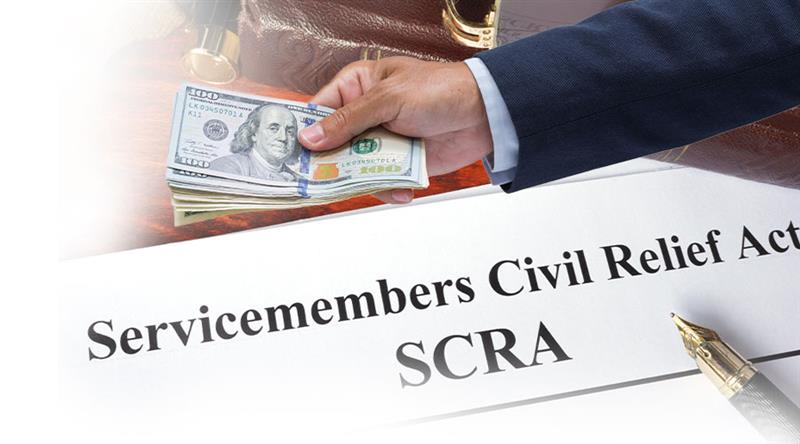Auto finance debt collection regulations are complex, but understanding them is essential for any lender or collections professional. With over $1 trillion in auto loan debt and nearly 90% of retail car sales financed through loans or leases, staying compliant not only protects your business but also builds trust with your customers. In this guide, we’ll break down key debt collection regulations—including TCPA, FDCPA, and SCRA—and offer practical tips for navigating state-specific rules.
What You Need to Know About Federal Debt Collection Regulations
Telephone Consumer Protection Act (TCPA)
The TCPA sets strict limits on how debt collectors can contact consumers. It governs the use of auto-dialers, prerecorded messages, and even when you can call.
- Impact on Your Business: You must secure express consent before using automated systems, especially for wireless numbers. Failure to do so can result in steep fines.
- Tip for Compliance: Use consent management tools and consider a mix of automated and manual outreach to ensure every call complies with TCPA guidelines.
The TCPA forces us to be intentional about every interaction with our customers—it’s about making sure our outreach is both respectful and lawful. — Becky Burr, Compliance Specialist
Fair Debt Collection Practices Act (FDCPA)
The FDCPA outlines what constitutes fair and respectful debt collection practices. Although it primarily applies to third-party collectors, many of its provisions are relevant for in-house collections teams.
- What It Means for You: Avoid aggressive tactics, ensure accurate debt validation, and always communicate clearly.
- Tip for Compliance: Regular training for your team on FDCPA standards is a must. Implement monitoring systems to review interactions for quality and compliance.
Adhering to FDCPA standards isn’t just about legal compliance—it’s about building lasting relationships with your customers. — John Carter, Debt Collection Consultant
Servicemembers Civil Relief Act (SCRA)
The SCRA protects military members from certain financial burdens while on active duty.
- Impact on Your Operations: If a borrower is an active-duty service member, you must modify your collection practices to comply with SCRA provisions, such as capping interest rates.
- Tip for Compliance: Integrate SCRA checks into your account management systems so alerts are triggered when a borrower is identified as military personnel.
Understanding the SCRA is critical—it ensures our practices are fair and respectful to those serving our country. — Dana Reyes, Legal Advisor
Navigating State-Specific Rules
Federal laws provide the backbone, but state-specific regulations add another layer of complexity. For instance:
- Call Timing Restrictions: Some states limit when you can call consumers—typically no calls before 8 AM or after 9 PM.
- Content Requirements: States like New York have detailed guidelines on the language and disclosures needed in your collection communications.
- Additional Consumer Protections: Some states impose stricter requirements for validating and documenting debt.
Tip for Compliance:
Stay updated on local laws and consider working with legal counsel who understands state-specific regulations. Regularly update your policies and training materials to reflect these changes.
State-level nuances mean that one size doesn’t fit all. Tailoring your approach based on local laws is key to avoiding costly compliance issues. — Todd Bryant, Regulatory Compliance Expert
Common Compliance Challenges
- Multi-Jurisdictional Management: Handling collections across different states can be challenging as each region may have unique requirements.
- Keeping Up with Changes: The regulatory landscape is always evolving. Staying current on updates is essential.
- Balancing Efficiency and Compliance: Advanced technology can streamline collections, but it must always operate within the legal framework.
Practical Tips to Stay Compliant with Auto Finance Debt Collection Regulations
- Invest in Advanced Technology: Tools like Fusion CX’s AI QMS and predictive analytics platform, Arya, can monitor your interactions in real-time and flag potential compliance issues.
- Regular Training and Audits: Hold frequent training sessions to review both federal and state regulations. Internal audits help catch and correct compliance gaps early.
- Clear Consent Protocols: Ensure that you document consumer consent meticulously—this is crucial for TCPA compliance.
- Consult with Experts: Work with attorneys and compliance experts who specialize in debt collection laws to navigate complex regulatory environments.
- Tailor Your Communication: Adjust your outreach strategies to reflect both federal and state requirements. Personalized, respectful communication not only aids compliance but also improves recovery outcomes.


